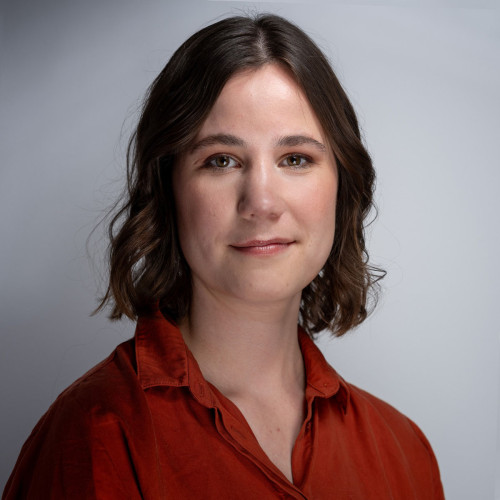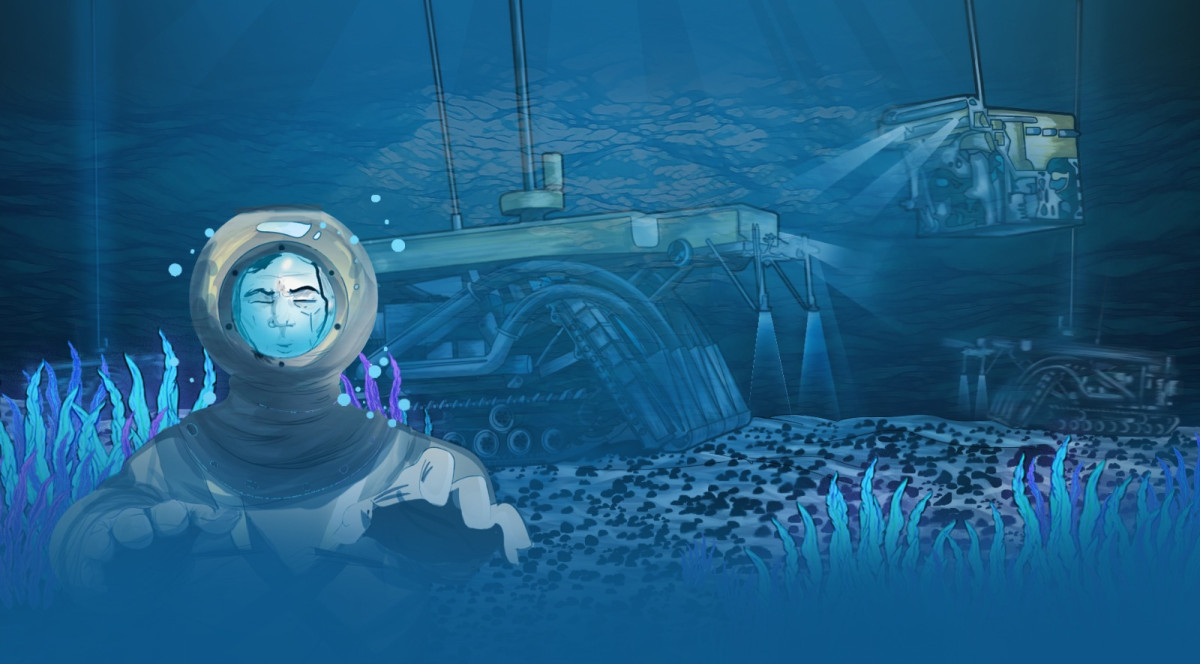Digging deep: A cross-border reporting collaboration on deep-sea mining
What was your biggest challenge in working on this project? How did you overcome this?
Patrick: "It is an important subject, my research showed how many debates there are about deep-sea mining between governments and international organisations. It was a challenge to make sense of the complexity.”
Gabriela: “Deep-sea mining is a new industry and there is a lack of knowledge among journalists and civil society organisations. I had to start from the basics, reading every paper and research on the different areas of the topic and talking to several people. Each interview helped me to get a better understanding.”
How did working a in cross-border collaboration deepen your understanding of your subject?
Gabriela: “There was no other way to work on this investigation but to have a cross-border approach. It was imperative for gaining insights into politicians' statements, companies' manoeuvres, and the industry at large. This approach provided me with a panoramic view crucial for a nuanced understanding of the subject.”
“There was no other way to work on this investigation but to have a cross-border approach."
How did you coordinate the work? What advice would you give to other journalists who would like to engage in cross-border collaborations?
Patrick: “We coordinated the project mostly through Zoom meetings, emails, WhatsApp messages and sometimes phone calls. We agreed when we would chat about the story based on everyone's availability and time zones. This helped get everyone on the same page in terms of tasks and deliverables.”
Gabriela: “Emphasise true collaboration by actively listening to team members and recognising each country's different influences on the topic being covered. Thoroughly understand the global landscape. Set logistically clear goals, assign tasks and set a timeline with deadlines to improve team efficiency.”
Published pieces
The deep-sea dilemma: To mine or not to mine?
Published by Unbias the News and News Sense
“Back door privatization”?: Global South’s Share of Deep-Sea Mining Profits Under Scrutiny
Published by Unbias the News
Who’s Going to Win and Lose in the Seabed Mining Race?
Published by The Tyee
Uncertain Waters: Deep Sea Mining Faces Critical Turning Point
Published by Byline Times



